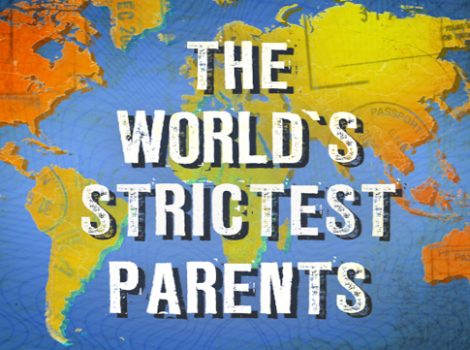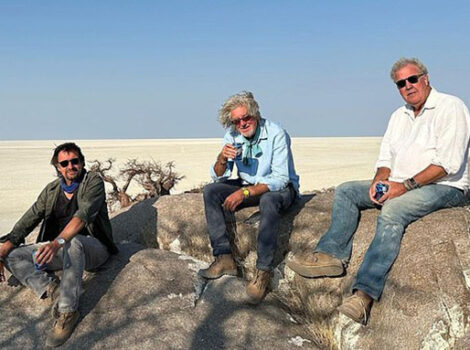The film, A United Kingdom was released in America on the 10th of this month.
Off the back of that, we thought we’d put together a few interesting facts for YourBotswana readers. The film is based on Susan Williams’ book, Colour Bar.
#1. South African educated Seretse met Nelson Mandela while both were studying in Johannesburg. Seretse then went onto Balliol College, Oxford, in 1945, before going to London to study Law.
#2. Once they decided to get married, Seretse and Ruth’s planned church wedding was stopped; Ruth was sacked from her job and her father disowned her. Nonetheless, the couple were married in a registry office in London on September 29, 1948.
#3. Among Seretse’s strong supporters was a young Tony Benn (Labour MP), who championed the couple’s cause relentlessly (one of their sons was subsequently named after him).
#4. The book, Colour Bar was published in 2006. It later came to the attention of the actor David Oyelowo, who became obsessed with making it into a film.
‘I had always hoped to find a female director to do this film; I wanted it to be unashamed. I’ve been a huge beneficiary of working with female directors, and the top-flight male directors who were being discussed I thought would inevitably make it cerebral, rather than visceral. And my goodness, my prayers were answered with Amma. She gave us the vision we needed in order to get to the point where it was worthy of being shot.’
#5. The director, Amma Asante, who has Ghanaian heritage, was fascinated by the story, and the inspiring figures at its centre.
‘The tenacity he had to hang on to a white wife; to say, she’s who I’m in love with – if you want me, you have to have her. I think that also reflects on how he was able to love his people. He was an honest man who had great integrity, and I think that integrity is something the country has been able to benefit from ever since.’
#6. Oyelowo who had always wanted to work with Rosamund Pike, sent her images of Ruth and Seretse – ‘And she sent an email back saying they’d made her cry…’
‘It’s true,’ says Pike, who is having her hair and make-up done next door. ‘He sent me an email with some photographs, and I was cooking dinner. I didn’t know anything about the story, didn’t know who these people were, but I had the most incredibly profound reaction to them. I started to cry, and I don’t know why. I still haven’t analysed why, but I just had this very visceral reaction. Something touched me very deeply. Then I read the script and that feeling was borne out when I knew the story.’
#7. Auditions were held in the Lady Khama Community Hall in Serowe, and there were a few people in the cast of extras who had known Ruth. The crew also tracked down the Khamas’ original house in Serowe, abandoned and nearly derelict, and restored it for the film. They transformed a railway station in Palapye to fit the period; costumes were meticulously recreated.
#8. Williams ends her book with a quote from Seretse himself:
‘Bitterness does not pay. Certain things have happened to all of us in the past and it is for us to forget those and look to the future. It is not for our own benefit, but it is for the benefit of our children and children’s children that we ourselves should put this world right.’
Interview after Seretse’s exile
Reference: telegraph.co.uk
Video credit: Associated Press



